Getting better sleep for a longer duration on a regular basis can improve the adaptation process in the body, meaning you recover better and improve fitness in the long term.
That’s why so many top athletes pay close attention to their sleep hygiene and sometimes take supplements to aid sleep.
One such supplement is melatonin. Here, Built for Athletes explains what Melatonin is and whether you might be able to use it as part of your sleep routine.
What Is Melatonin?
Often described as “the sleep hormone”, melatonin is produced naturally in the brain by the pineal gland.
The body runs on a circadian rhythm, sometimes referred to as the body clock, and starts to produce more melatonin during the hours you are usually asleep or when it is exposed to less light.
Higher levels of melatonin are associated with relaxation and drowsiness, and the hormone also plays a role in regulating body temperature and blood pressure.
Some people struggle to produce enough melatonin at night, sometimes due to lifestyle factors such as stress, exposure to blue light during the evening, or shift work.
Using Melatonin As A Supplement
Man Made melatonin is now widely available in tablet or liquid form, although the NHS says you should only take it with a prescription.
Although you will find some people using melatonin on a long-term basis to assist with normal sleep patterns, doctors usually recommend using it for no longer than four weeks.
It is most likely to benefit those suffering from insomnia or jet lag.
Should You Use Melatonin Supplements?
It is always wise to consult a medical professional before taking a melatonin supplement.
The good news is that while some people suffer headaches after taking melatonin, there are few negative side effects of taking it for short periods.
Despite some reports that taking the supplement can inhibit your body’s ability to produce melatonin naturally, recent studies suggest there is little evidence of this.
If you have already tried other techniques, such as blocking out blue light and reducing caffeine intake to improve your sleep hygiene, then you may be interested in trying a small dose of melatonin after taking the correct advice from your doctor.


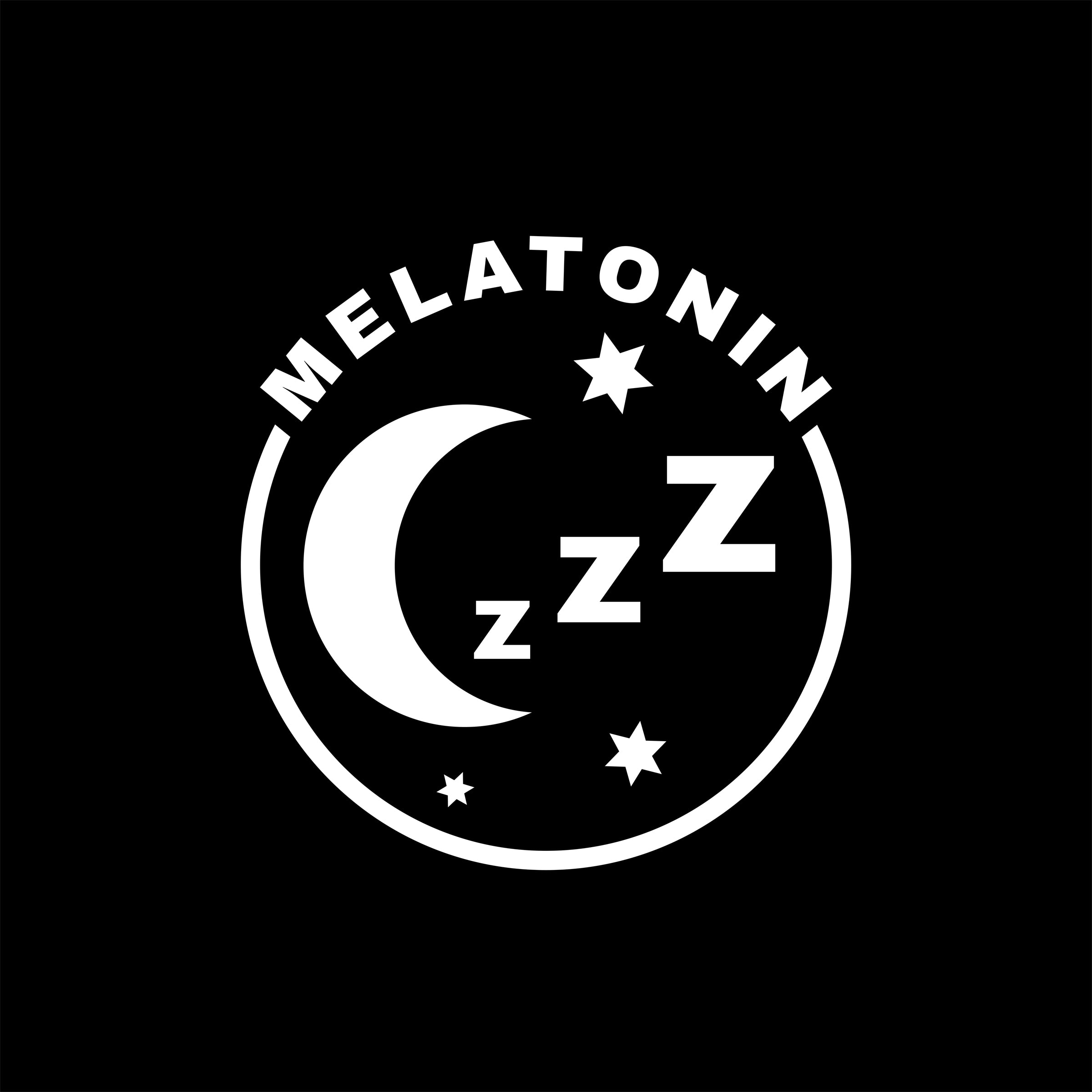


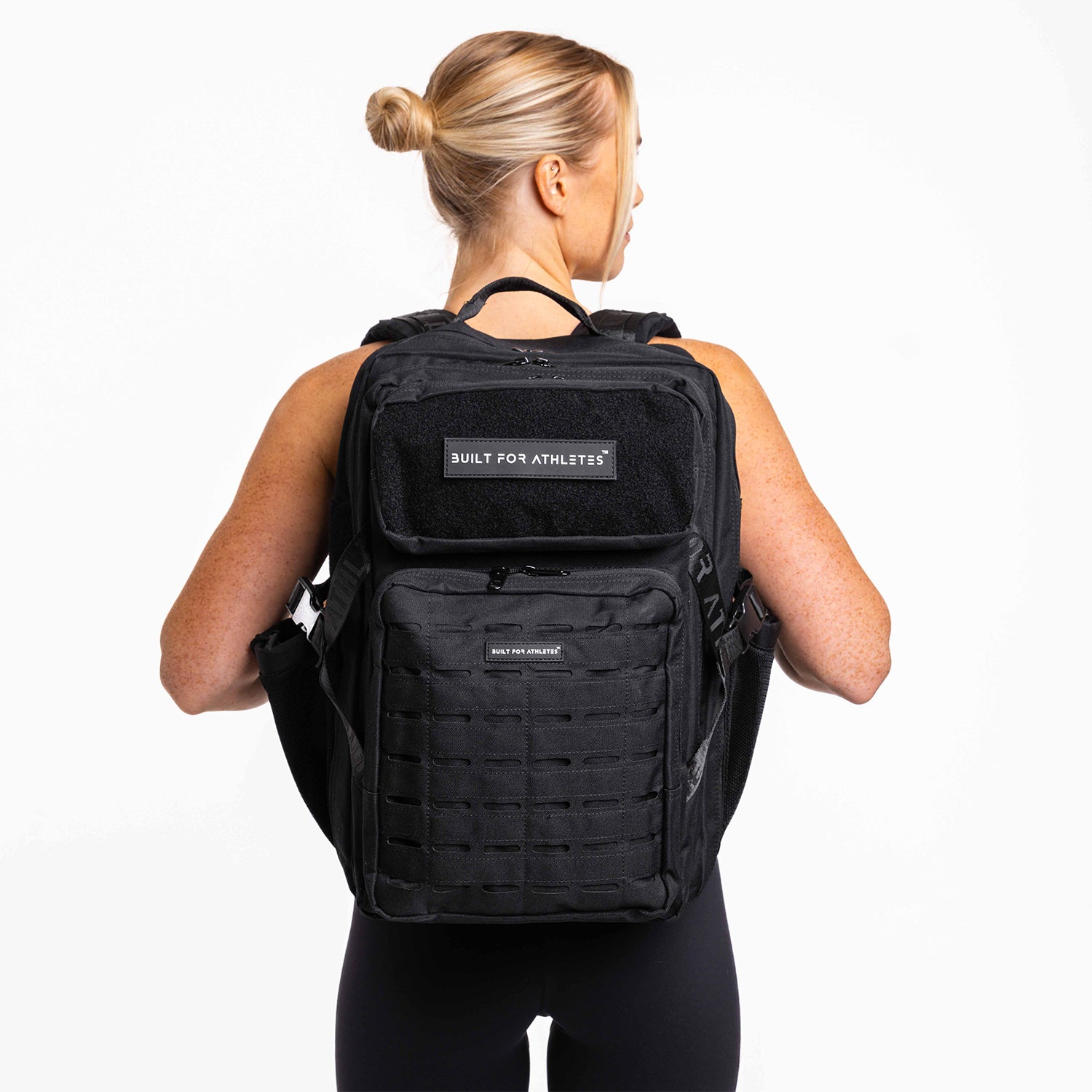







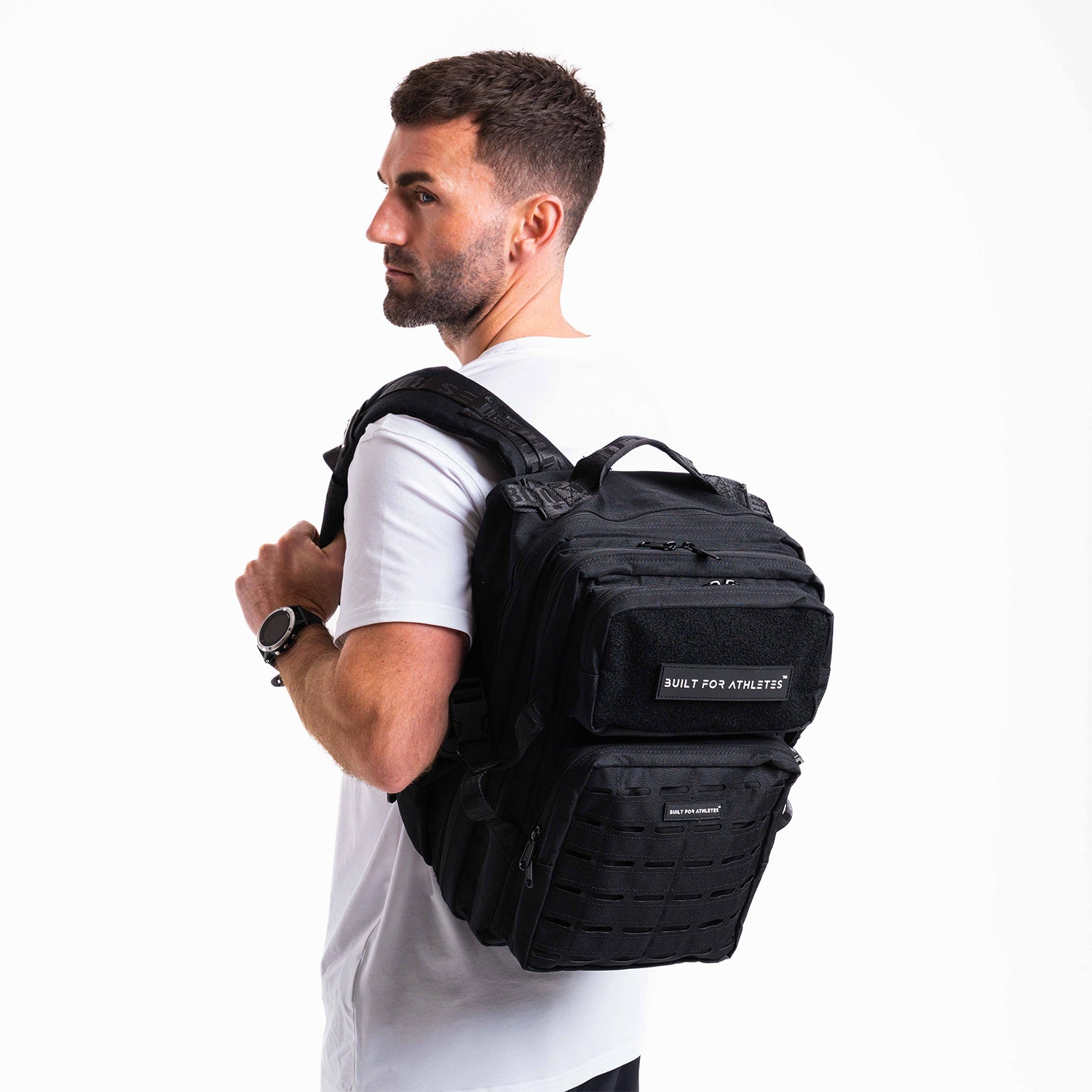

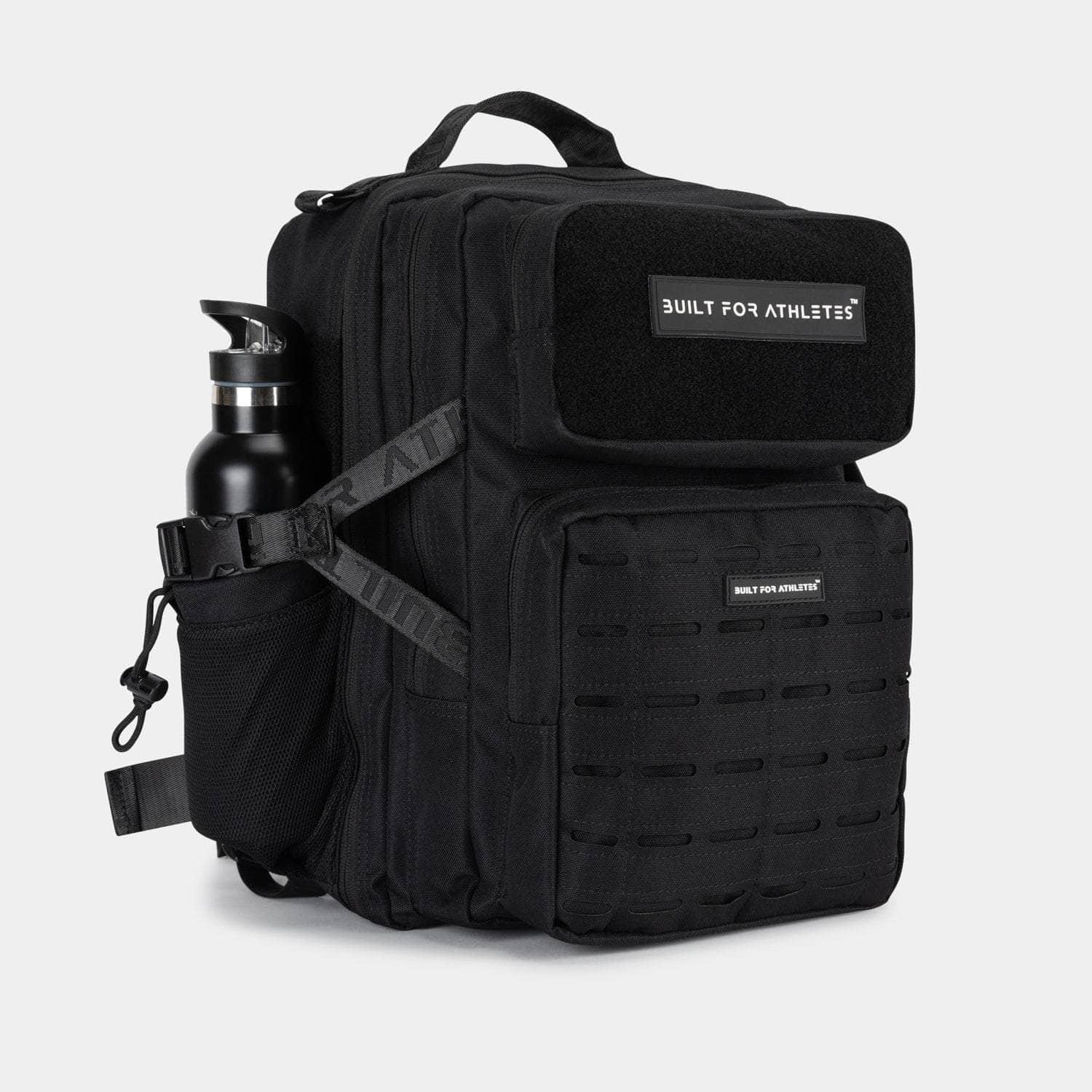





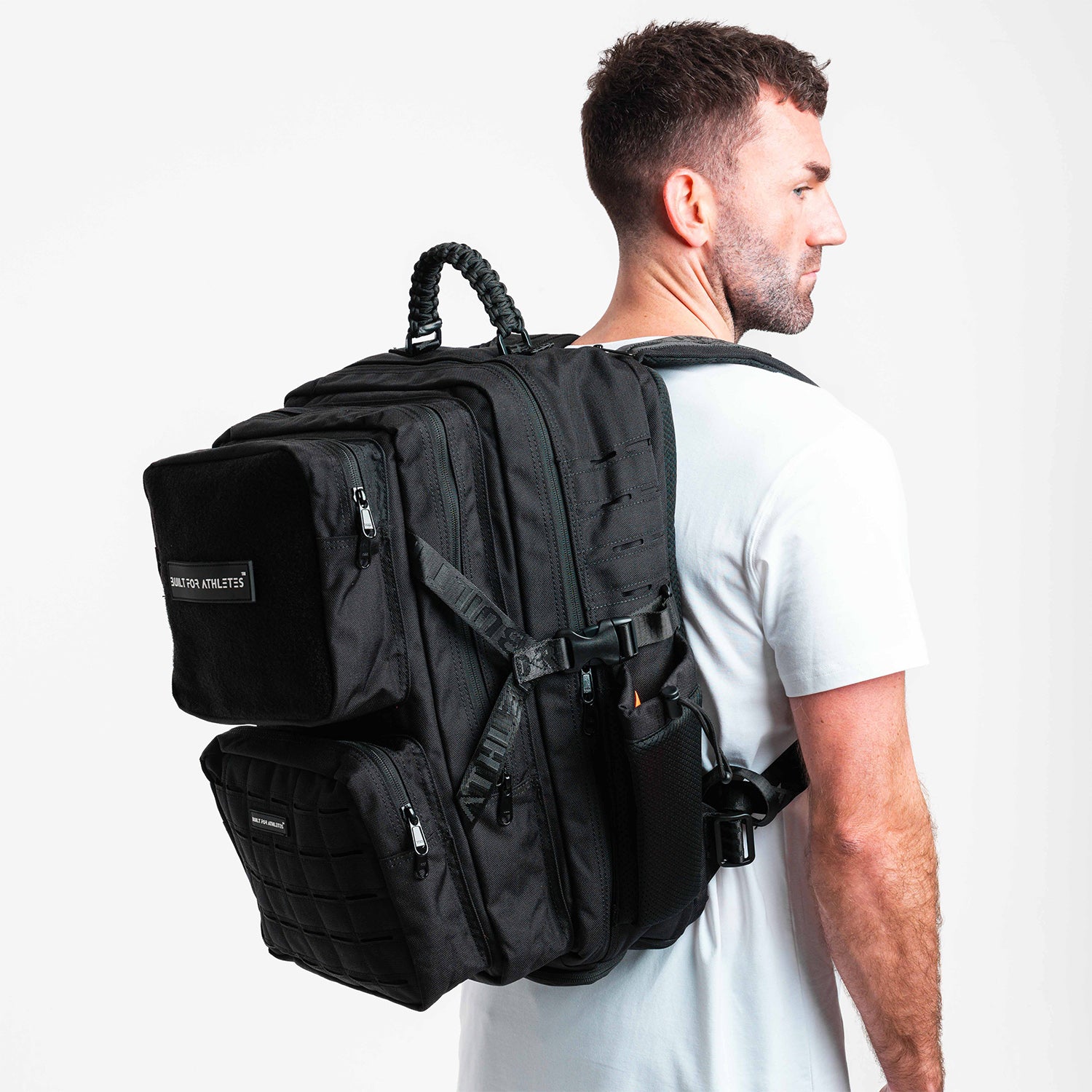
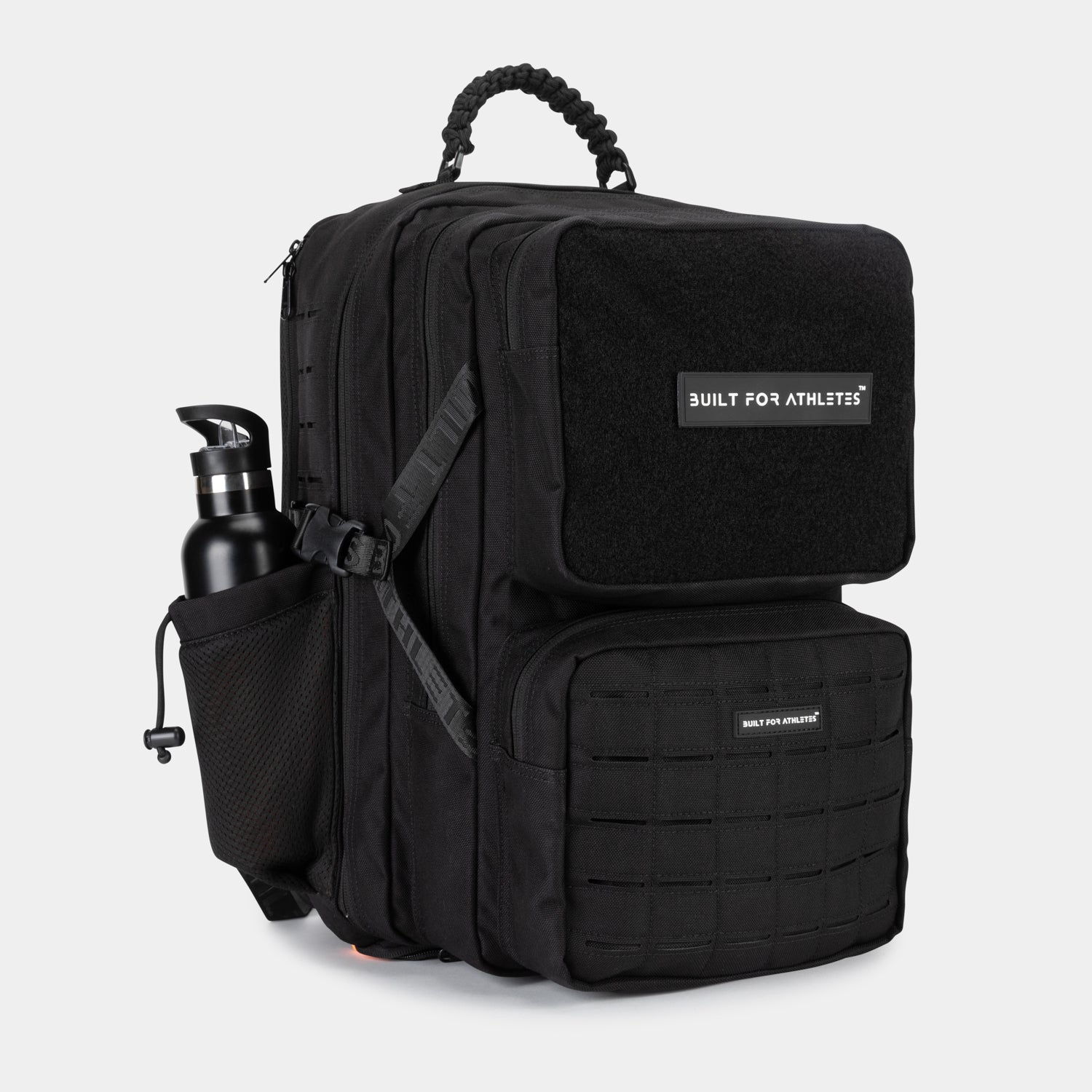







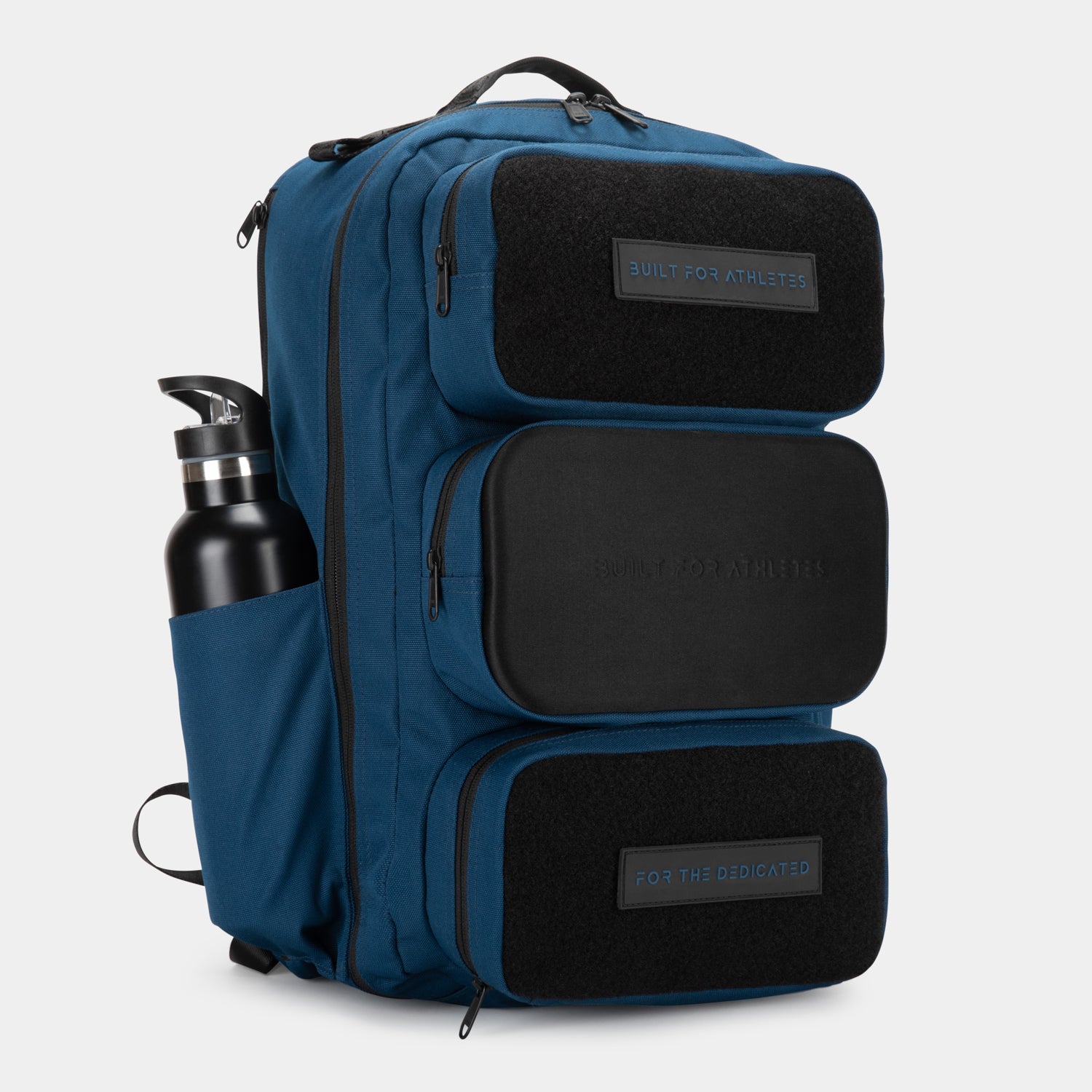






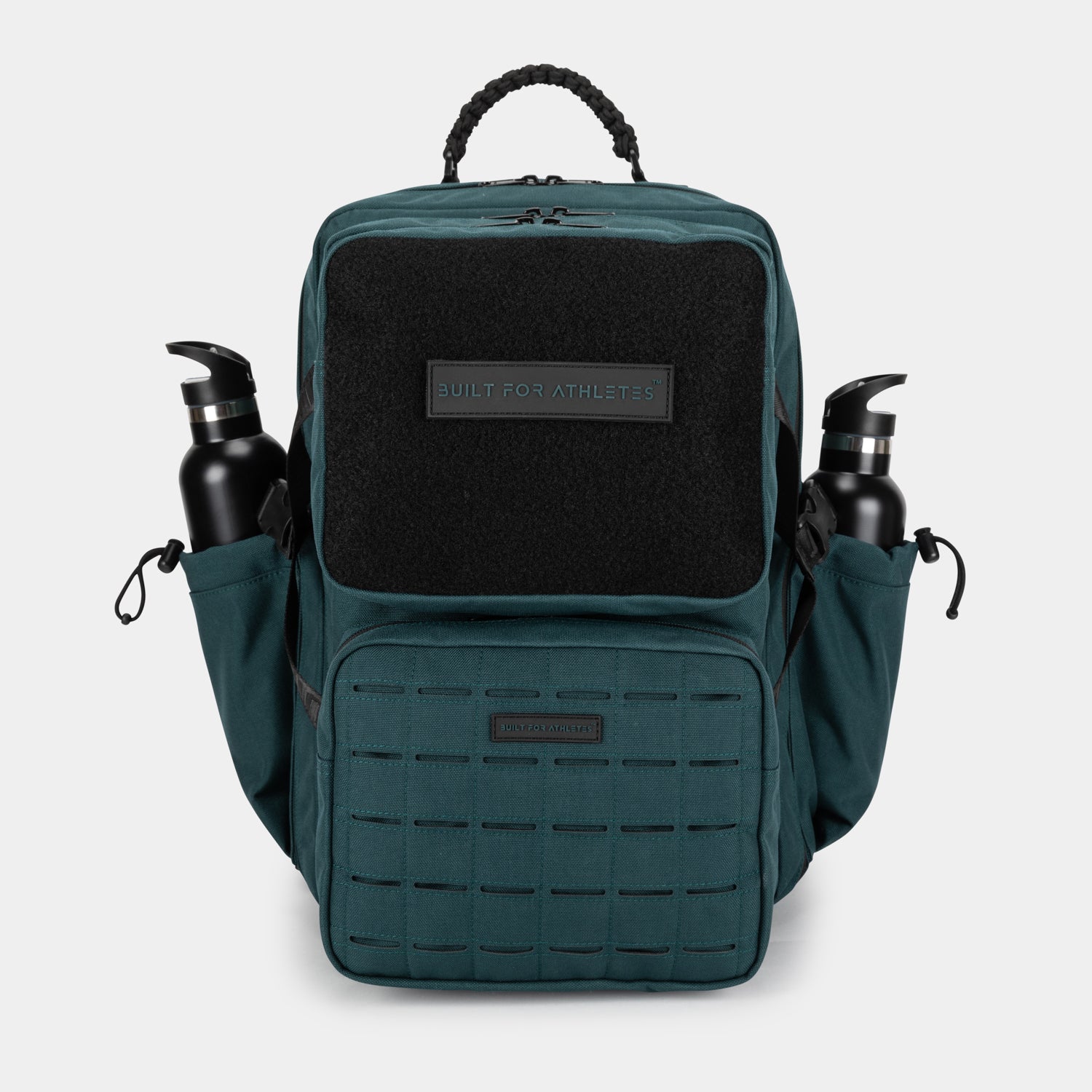




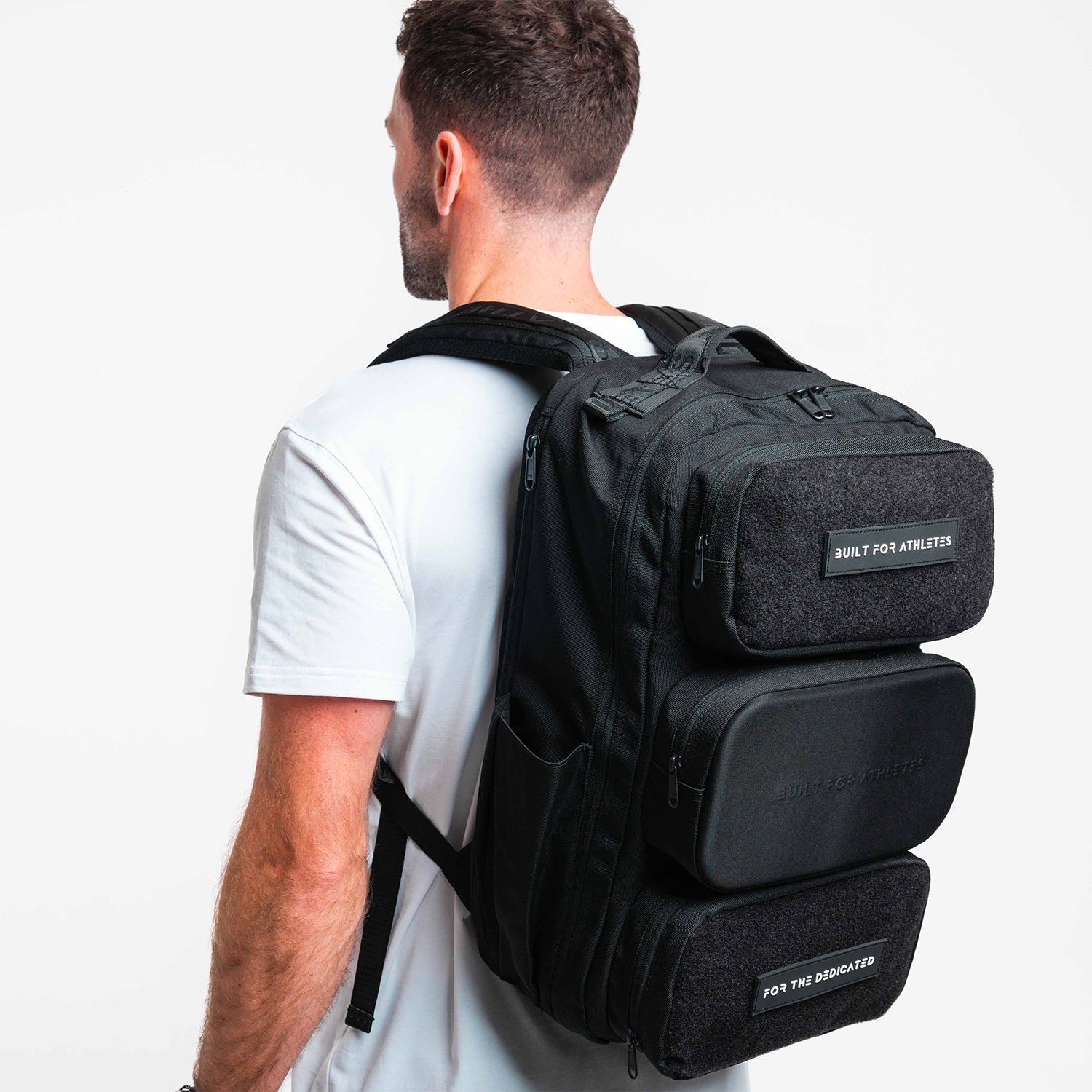
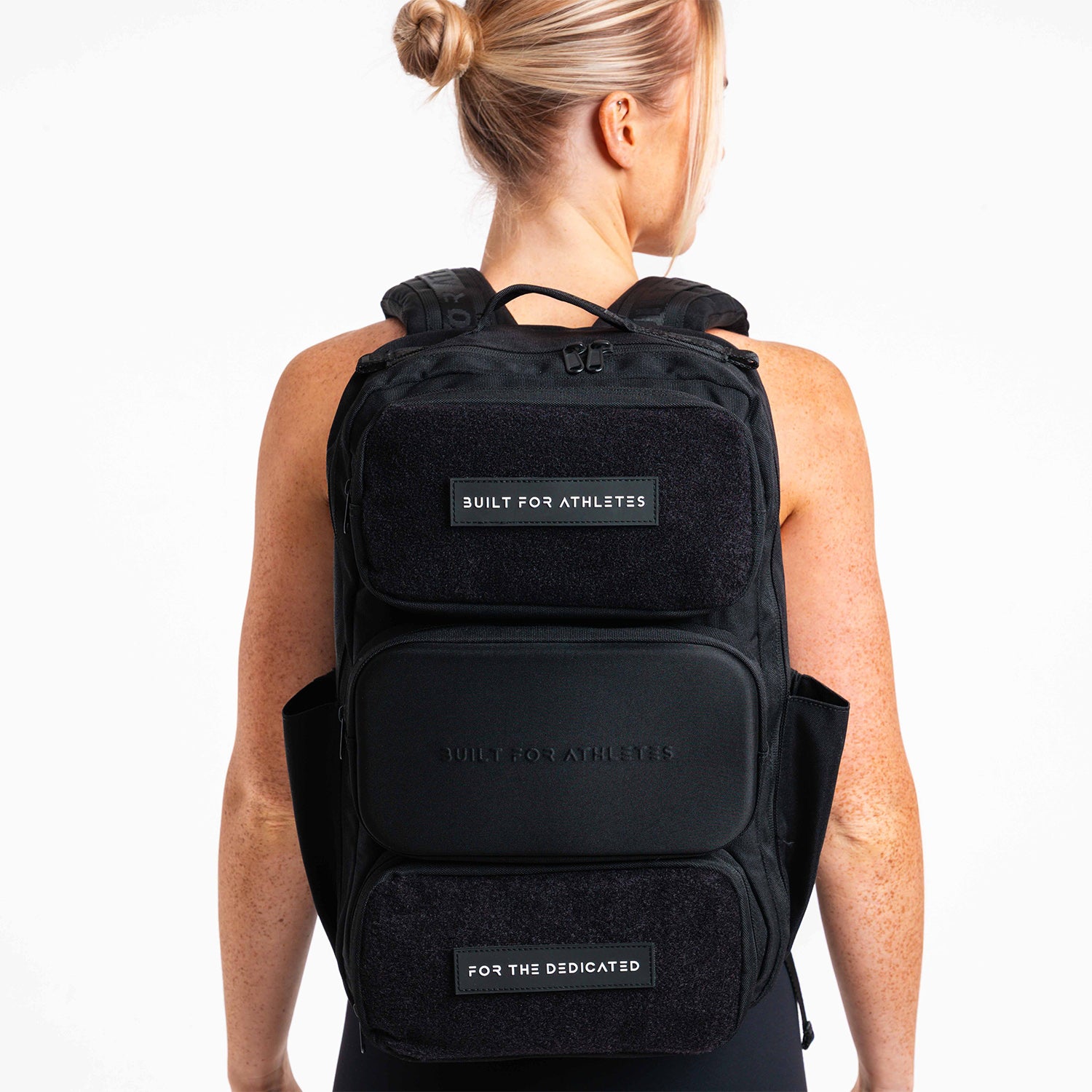
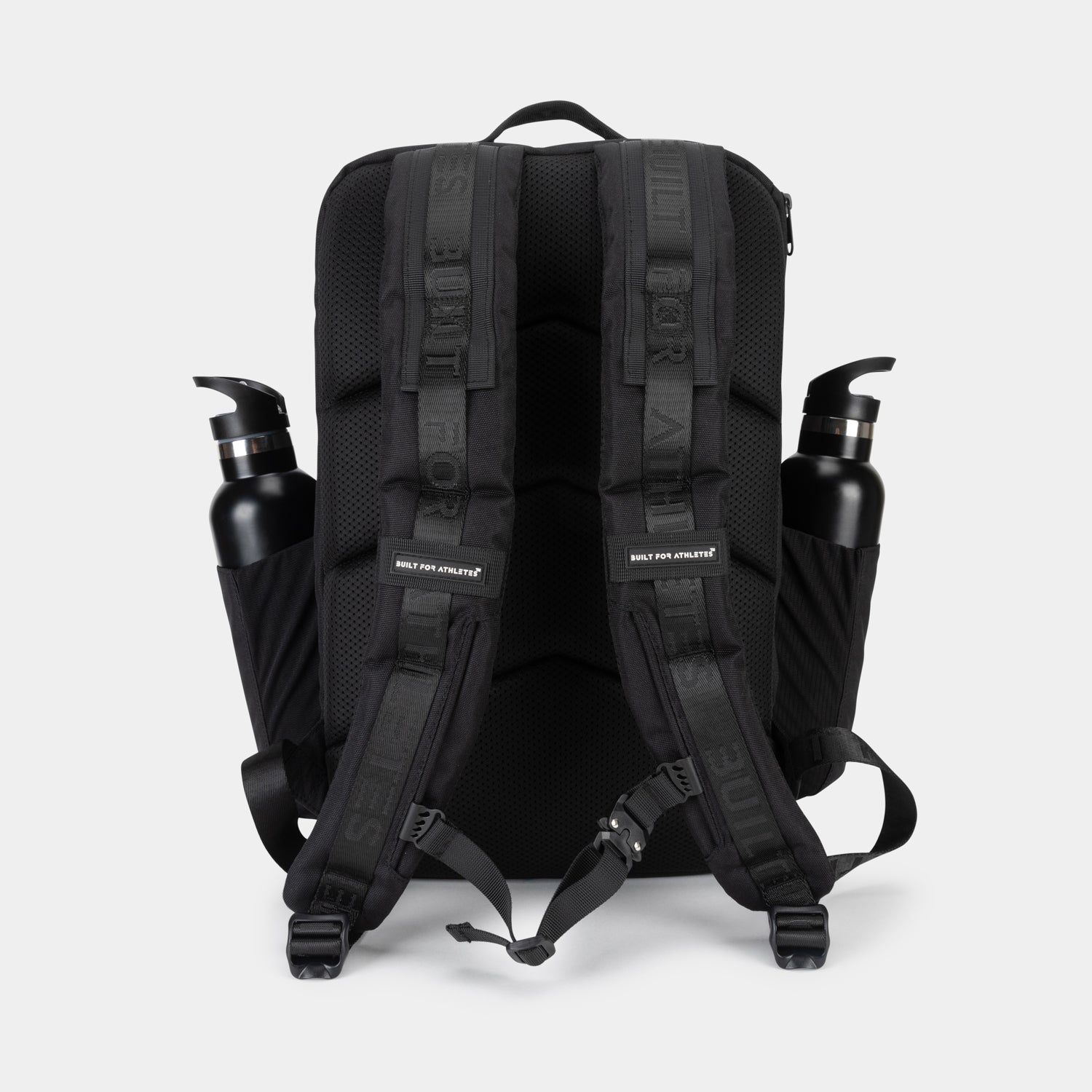
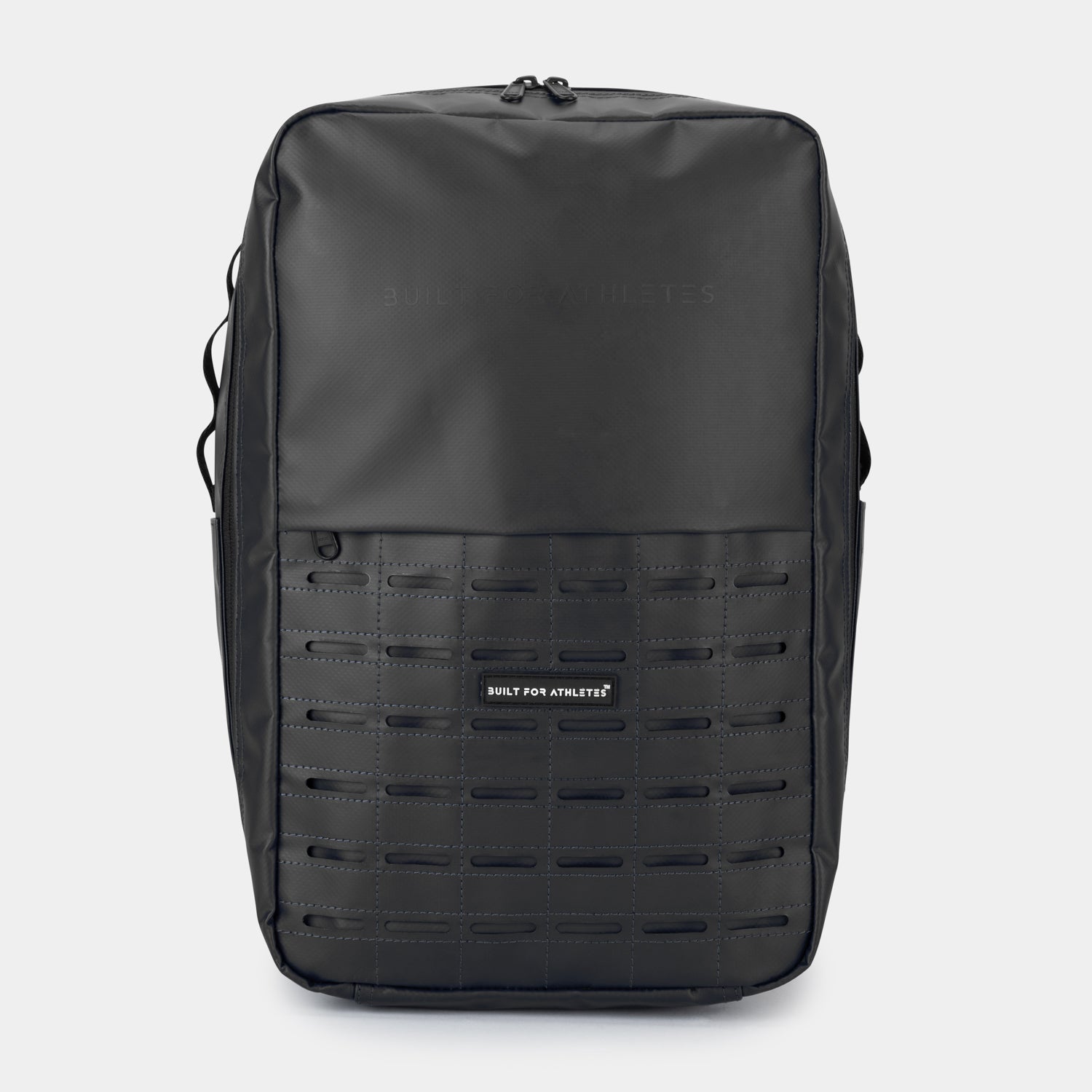

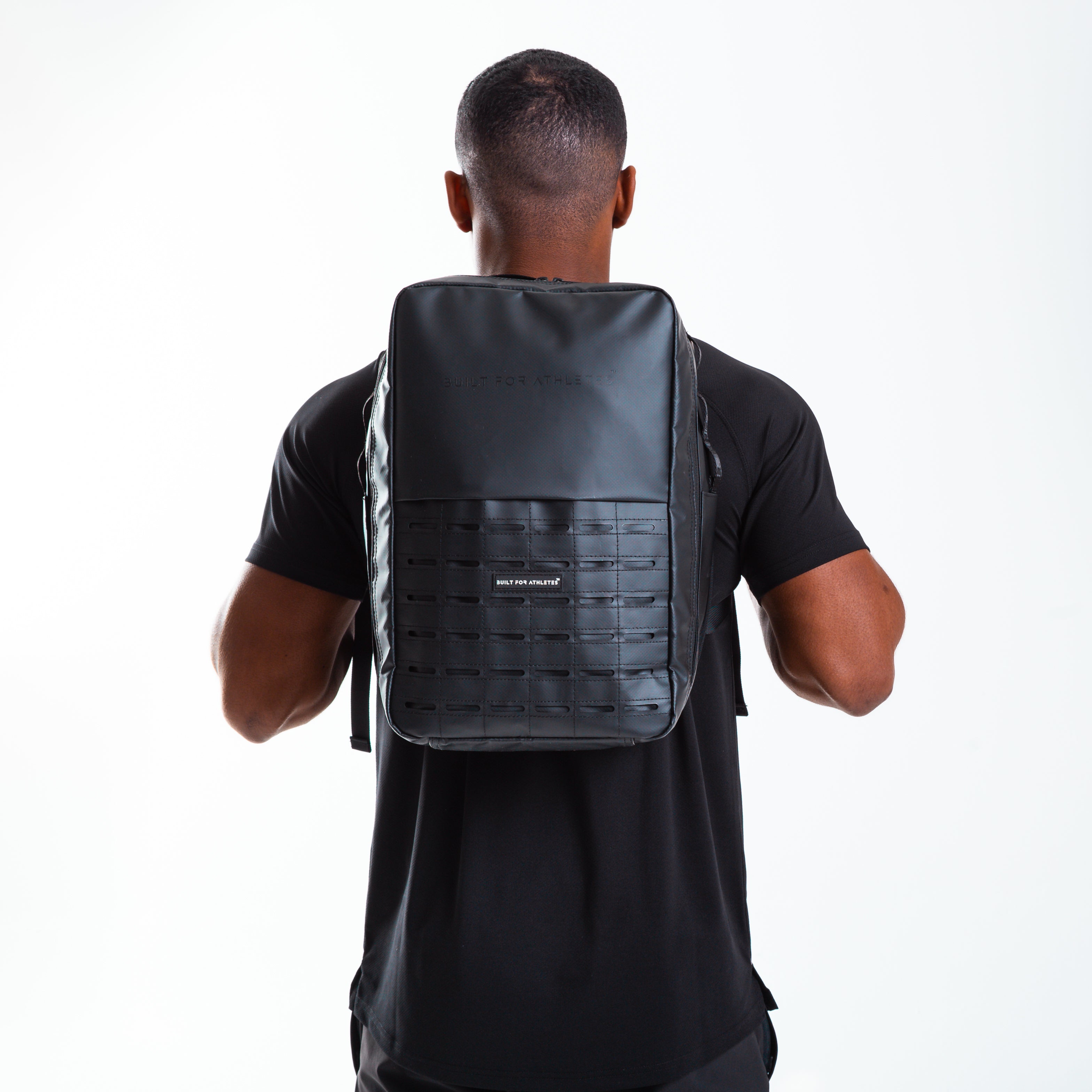








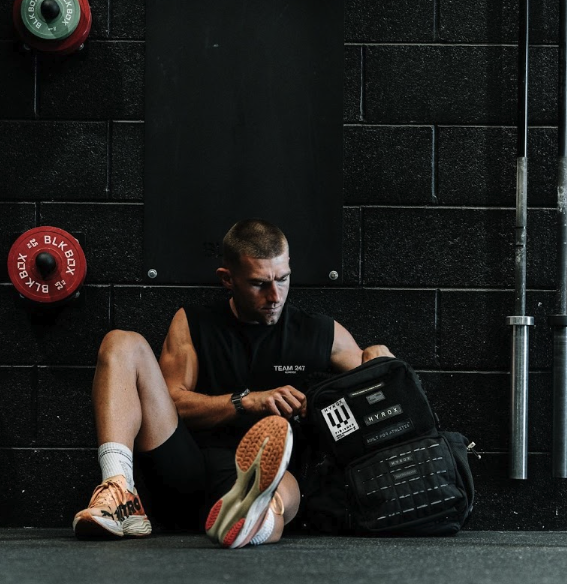

Share:
8 Best Workout Finishers To Build A Stronger Core
Watch Lasha Talakhadze Lift Heaviest Snatch Ever Caught On Camera